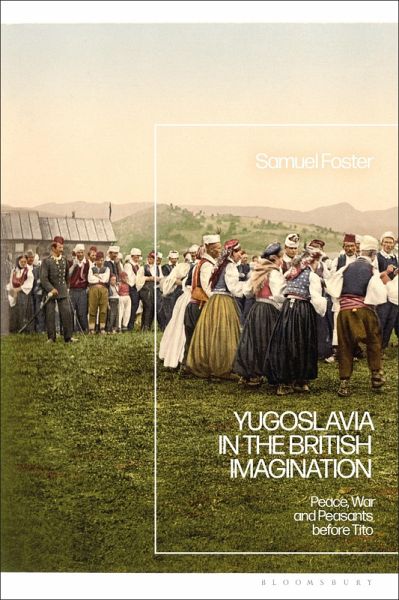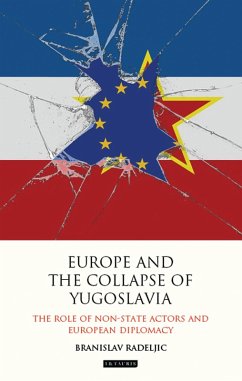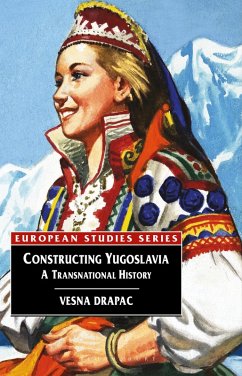
Yugoslavia in the British Imagination (eBook, ePUB)
Peace, War and Peasants before Tito

PAYBACK Punkte
12 °P sammeln!
Despite Britain entering the 20th century as the dominant world power, public discourses were imbued with a cultural pessimism and rising social anxiety. Through this study, Samuel Foster explores how this changing domestic climate shaped perceptions of other cultures, and Britain's relationship to them, focusing on those Balkan territories that formed the first Yugoslavia from 1918 to 1941. Yugoslavia in the British Imagination examines these connections and demonstrates how the popular image of the region's peasantry evolved from that of foreign 'Other' to historical victim - suffering at th...
Despite Britain entering the 20th century as the dominant world power, public discourses were imbued with a cultural pessimism and rising social anxiety. Through this study, Samuel Foster explores how this changing domestic climate shaped perceptions of other cultures, and Britain's relationship to them, focusing on those Balkan territories that formed the first Yugoslavia from 1918 to 1941. Yugoslavia in the British Imagination examines these connections and demonstrates how the popular image of the region's peasantry evolved from that of foreign 'Other' to historical victim - suffering at the hand of modernity's worst excesses and symbolizing Britain's perceived decline. This coincided with an emerging moralistic sense of British identity that manifested during the First World War. Consequently, Yugoslavia was legitimized as the solution to peasant victimization and, as Foster's nuanced analysis reveals, enabling Britain's imagined (and self-promoted) revival as civilization's moral arbiter. Drawing on a range of previously unexplored archival sources, this compelling transnational analysis is an important contribution to the study of British social history and the nature of statehood in the modern Balkans.













